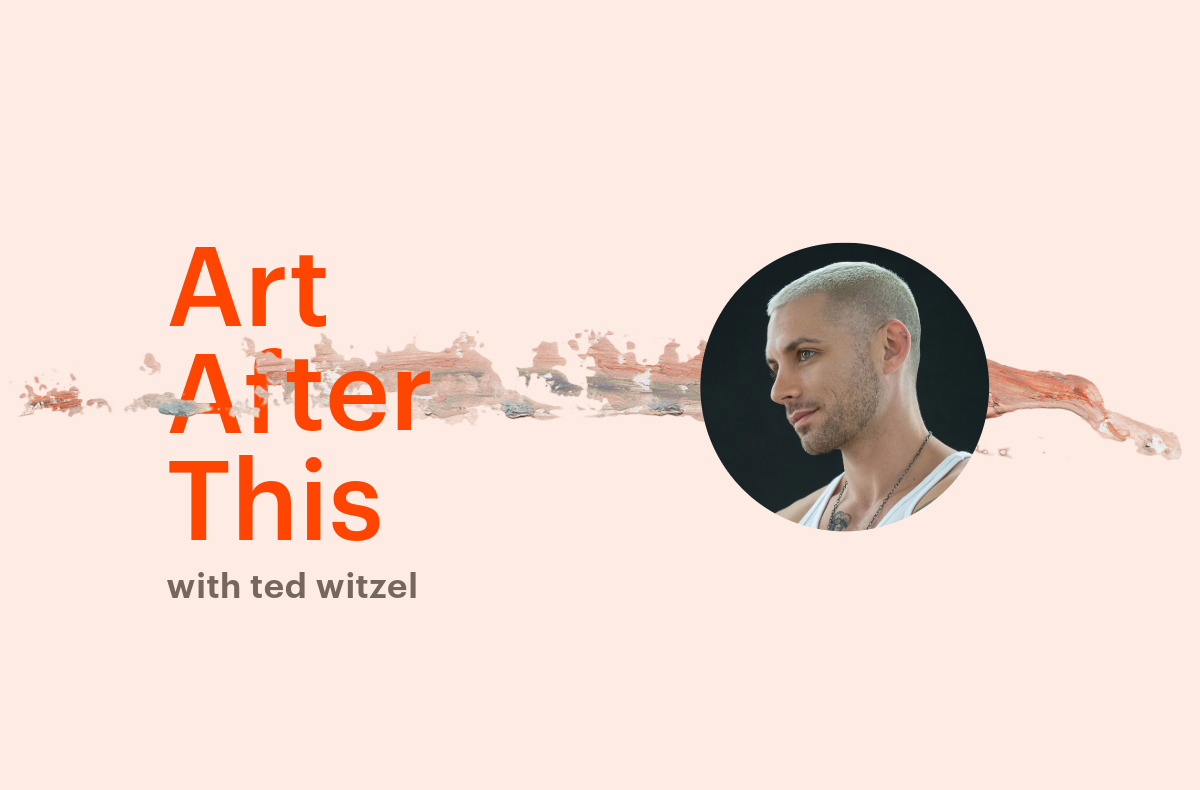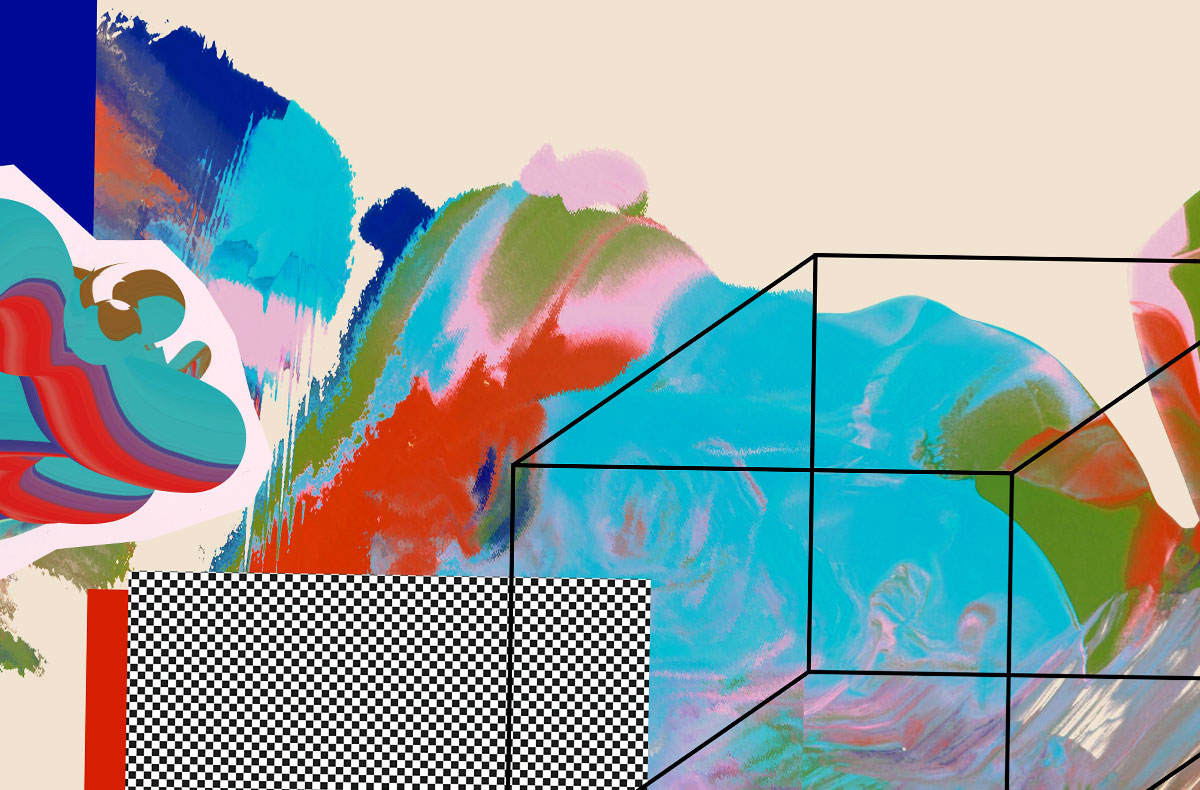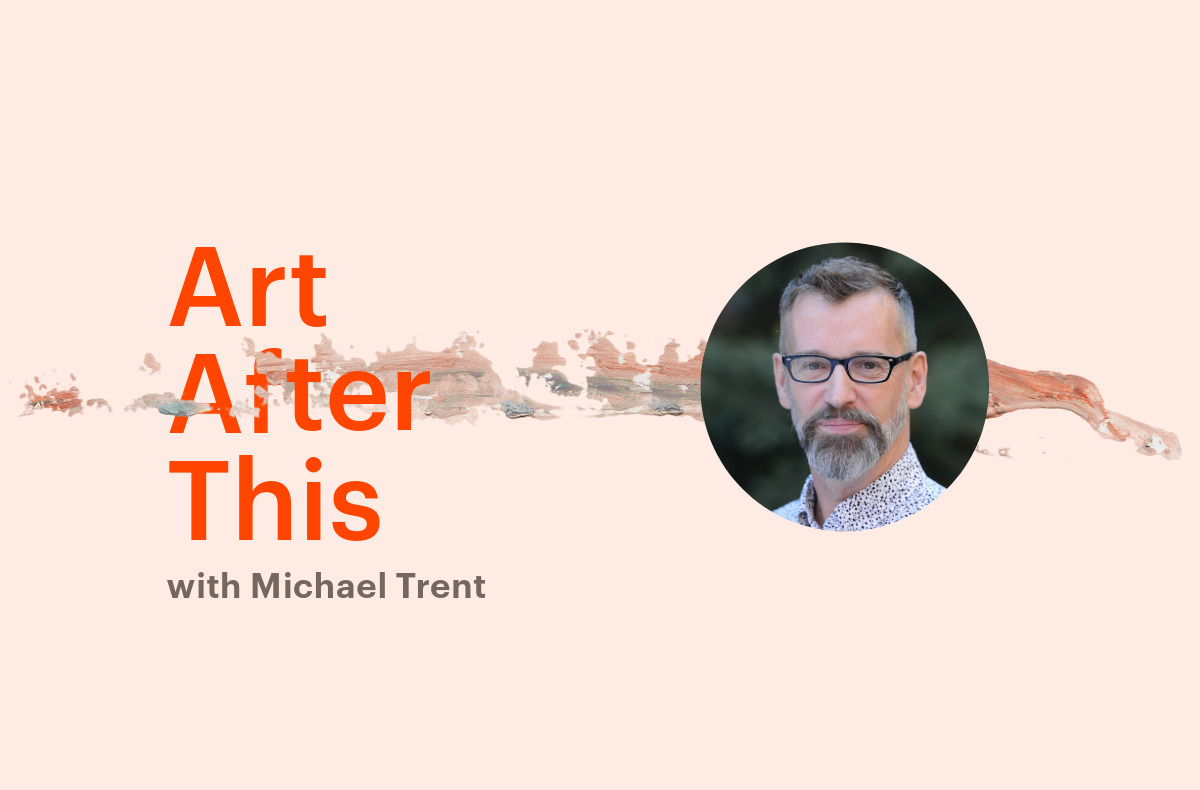By David Maggs, Metcalf Fellow on Arts and Society
Much of Metcalf’s recent work with Canada’s cultural sector is driven by complementary convictions: First, that the challenges we are facing require deeper experimentation than we are seeing from most policy and practice in the sector right now, and second, that Canada’s cultural sector has what it takes to carry out the level of experimentation we need, we just need to rethink a few things currently holding us back.
One of those things is our capacity to learn. That is, to identify goals, shape hypotheses around how we might meet those goals, develop activities that inform whether our hypothesis was sound, and improve our futures accordingly. With this in mind, the Metcalf Foundation launched its Strategic Experimentation Fund (SEF) as a way of empowering organizations to take up this work.
One of the participants in SEF is Buddies in Bad Times Theatre, the largest and longest-running queer theatre in the world. Recently, I sat down with their newish artistic director, ted witzel, to talk about the challenges Buddies is facing, and the work they are doing under SEF to get on the good side of those challenges.
“How organizations learn and change has preoccupied me before I was in leadership roles,” says witzel, “it’s something we don’t spend enough time thinking about.”
“Why do you think that is?” I wonder.
“Maybe two things,” he says, “maybe the shape our sector is in right now, but maybe our own emotional dispositions as well?”
“That sounds uncharacteristically uncertain,” I suggest.
“When the Covid bomb went off, how did we respond as a sector? We couldn’t open our doors, we had all these sunk costs, we panicked. Then when it was over, all that pent up urgency saw us rush out and spend piles of money to throw those doors wide open again. But as it turned out, people hadn’t missed us as much as we told ourselves they would, they haven’t come back in droves, and so? We panic even more,” witzel pauses to see if I’ve been following.
“This question of knowing how to learn,” he continues, “is a question of knowing how to be present instead of panicking. Even within a relentless sense of urgency — cause don’t get me wrong, we feel the panic at Buddies — we get down with the panic. It’s almost our kink. But we’ve had to learn to work through that to respond from a different place. Like everyone else, we’re dealing with audience loss, but at Buddies there were some highly specific nuances that we had to just stop and consider, carefully, and as calmly as we could.”
“Nuances?” I ask.
“I mean, the pandemic shut down our theatre like everyone else, but also our nightclub had already been steadily losing its identity in the years before Covid, and then there was a very divided response to calls to accountability from Buddies that extended through most of the lockdown period. In the space of three years, every stakeholder group had exploded, and most people outside the theatre world thought the place had shut down. And of those who knew we were here, nobody felt like they belonged at Buddies. Neither the folks the organization was trying to make space for, nor its longstanding supporters.”
“I wouldn’t normally suggest you’re being overdramatic,” I say.
“You need to understand two things,” he says with a smile, “first, that Buddies’ mandate is to offer a sense of belonging to queer identity, so we have promised that to the ‘queer community’ out there. And second, queerness is not a monolith, or even all that coherent. So that second thing makes the first thing really hard to pull off. As soon as we fail to offer complete belonging to someone who came looking for it at Buddies, we’ve failed at our core purpose.”
I make a face of amazement. “Yeah, we fail at our core purpose almost every day!” witzel nods. “Combine a pandemic, a cascade of community concerns, and the quantum pace at which queerness has evolved in the last decade or so, and that failure goes nuclear.”
“And so the work to rebuild?” I wonder.
“Is a challenge,” he nods. “One of the central issues our staff identified is that when someone walks in the doors of our institution, if they’re not greeted by someone who looks like they share their positionality, their intersectionality, their identity — that produces nervousness.”
“But aren’t we trying to get past that?” I ask, worrying this is not just a problem for the arts, but for progressive politics in Canada more broadly. “Aren’t we trying to learn how to thrive amidst difference and diversity?”
“Parse it all you want,” witzel shakes his head, “tell me it’s paradoxical and wish we didn’t segment our communities using identitarian drivers, but right now? Buddies’ audiences are walking through our doors deciding if they belong at Buddies based on a sense of affinity and representation, and we have to figure out how to make that work.”
“Which is where your experiment begins?”I ask.
“That’s been a big learning goal coming out of the dumpster fire,” nods witzel, “but how to turn it into an experiment? That was Metcalf’s provocation.”
“And in a word?” I say.
“Can we move from the transactional relationship of ‘processing our audience’ to build a sense of belonging by adopting a hosting mandate instead?” answers witzel. “There are different dimensions to this. The way our audience has to move through the space, but also the ethos of our company as they do. As a ‘misfit’ theatre, Buddies has always traded on a sense of coolness. But the line between defying the norm and putting people off is a fine one. Additionally, our front of house spaces are quite limited, so that turns out to be a scheduling riddle. But if we want to be able to use the bar as a lobby, it changes the model for the bar too. So playing with welcoming, with space, with the flow of people, to create good energy and good experiences. Our staff have been working up a manual of ‘hosting culture,’ and we’ve actually renamed our box office and front of house as our Hosting Department. All of this is meant to take some of the discomfort out of the public’s experience of being at Buddies, inviting them to breathe and be curious about the space.”
“What about the challenge of a diverse community wanting not just to be welcomed at Buddies, but reflected by Buddies,” I wonder. “Is this a plan for that?”
witzel nods, “That paradigm of being both genuinely diverse and specifically representative is an impossible one. But that is the paradigm that exists out there, and we would be foolish not to reckon with that. Trying to connect people with the organization on the basis of — I know it’s radical for an arts organization to adopt this position — everyone who walks in our doors should have a good time and not be confronted with rules, but a sense of play, and have their intersectional identities celebrated and affirmed? That’s the common ground we hope to open through hosting.”
“How will you know if you succeed?” I ask.
“Our director of operations, Kristina Lemieux, was aware of Anandam Dance’s audience-in-residence program and suggested that we adapt something similar. So, we’ll have an audience-in-residence — basically spies — coordinated by a project manager who will schedule them to ensure our spies are spread throughout our activities. No one’s going to know who they are. They’ll be like the Michelin spies. That way we don’t adjust our behavior in response.”
“So there’s no faking it,” I say.
witzel shrugs, “We really want to know. Can we do it? Can we allow our audience, no matter their positionality and perversions, to come into our building and claim that space as their own?”




